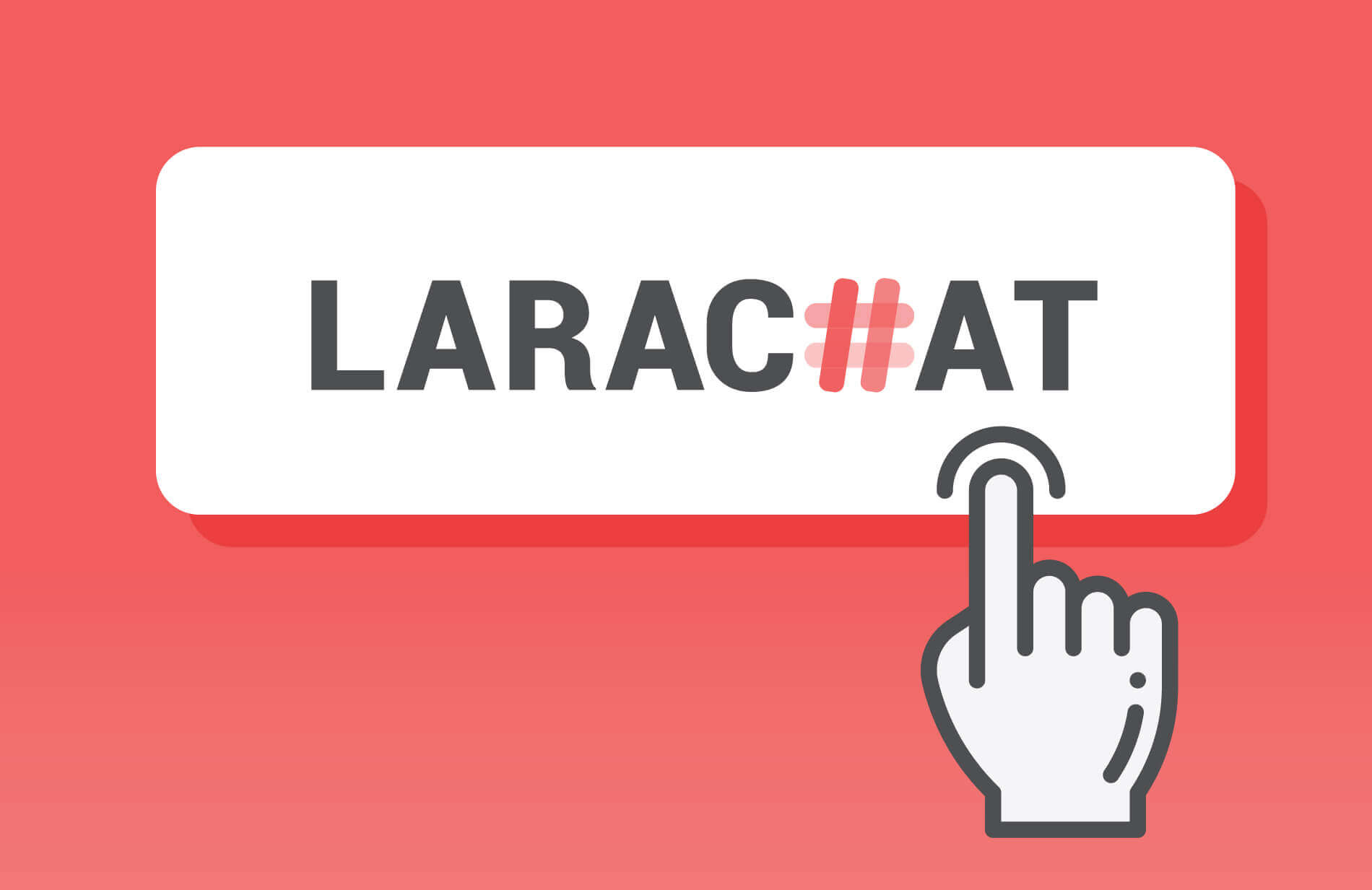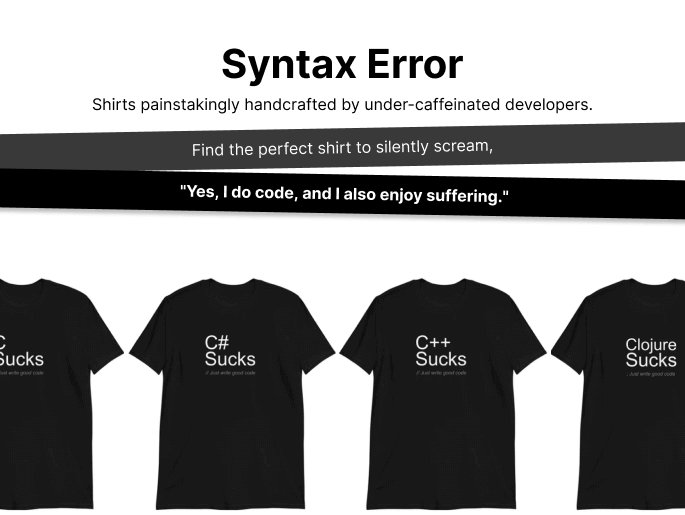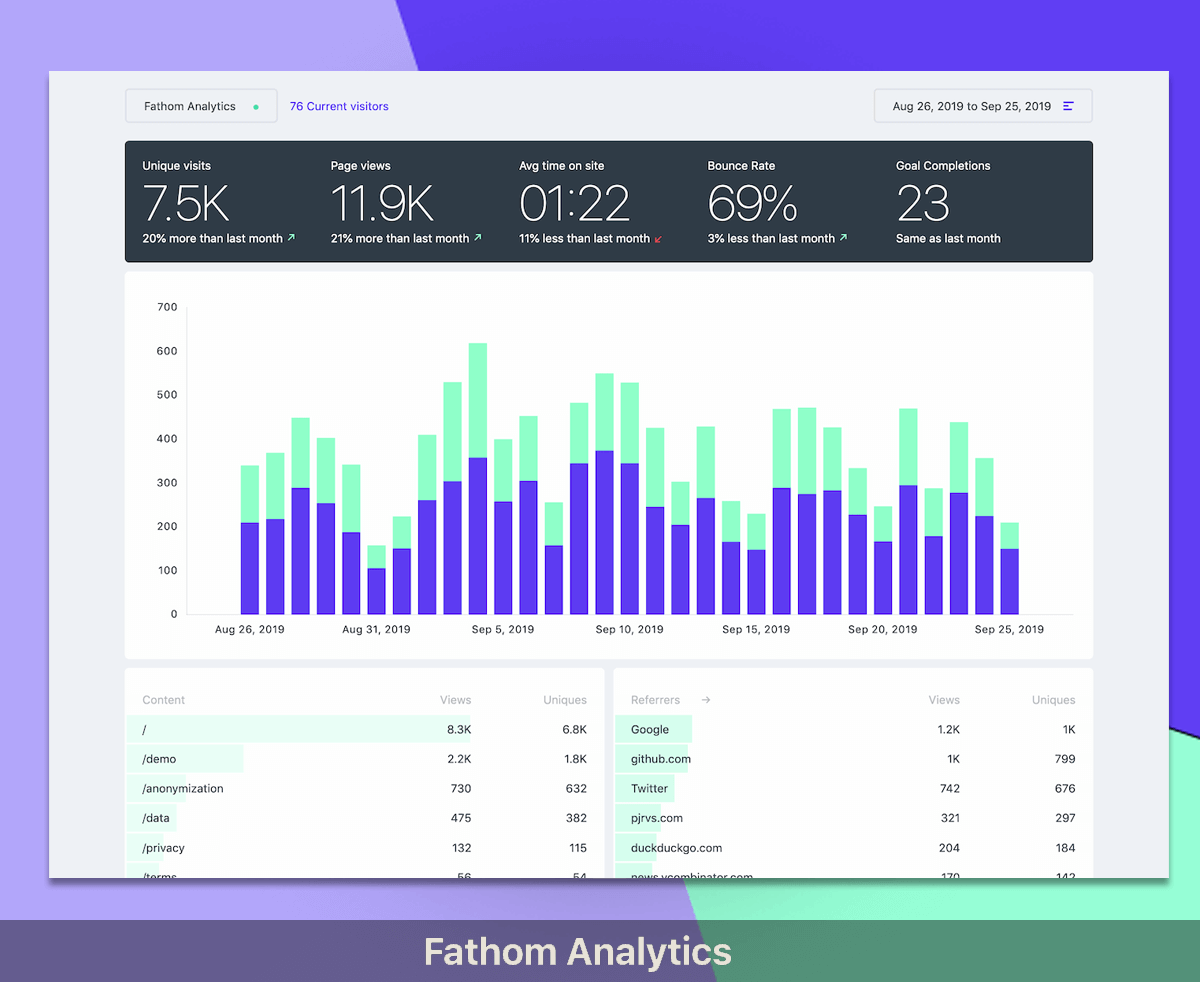Get the latest Laravel/PHP jobs, events and curated articles straight to your inbox, once a week
Source: stitcher.io
Cloning readonly properties in PHP 8.3
PHP 8.3 adds the possibility of overwriting readonly property values while cloning an object. The so called clone with syntax (which doesn't exist): readonly class Post { public function __construct( public string $title, public string $author, public DateTime $createdAt, ) {}} $post = new Post( title: 'Hello World', ); $updatedPost = clone $post with { title: 'Another One!', }; Reading the title of the current https://wiki.php.net/rfc/readonly_amendments: "Readonly properties can be reinitialized during cloning" — you might think something like clone with this is now possible. The RFC allows only allows for one specific operation: to overwrite readonly values in the magic __clone method: readonly class Post { public function __construct( public string $title, public string $author, public DateTime $createdAt, ) {} public function __clone(){ $this->createdAt = new DateTime(); }}
readonly class Post { public function __clone(){ $this->createdAt = clone $this->createdAt; }}
Thanks to this RFC, we can make real clones, with all their nested properties cloned as well, even when these properties are readonly: $post = new Post(); $otherPost = clone $post; $post->createdAt->add(new DateInterval('P1D')); $otherPost->createdAt === $post->createdAt; #on-a-personal-note On a personal note
readonly class Post { public function __clone(){ $this->createdAt = clone $this->createdAt; }}
Thanks to this RFC, we can make real clones, with all their nested properties cloned as well, even when these properties are readonly: $post = new Post(); $otherPost = clone $post; $post->createdAt->add(new DateInterval('P1D')); $otherPost->createdAt === $post->createdAt; #on-a-personal-note On a personal note
Newsletter

Glimpse
Glimpse streamlines Laravel development by seamlessly deploying GitHub pull requests to preview environments with the help of Laravel Forge.
Laravel/PHP Careers





